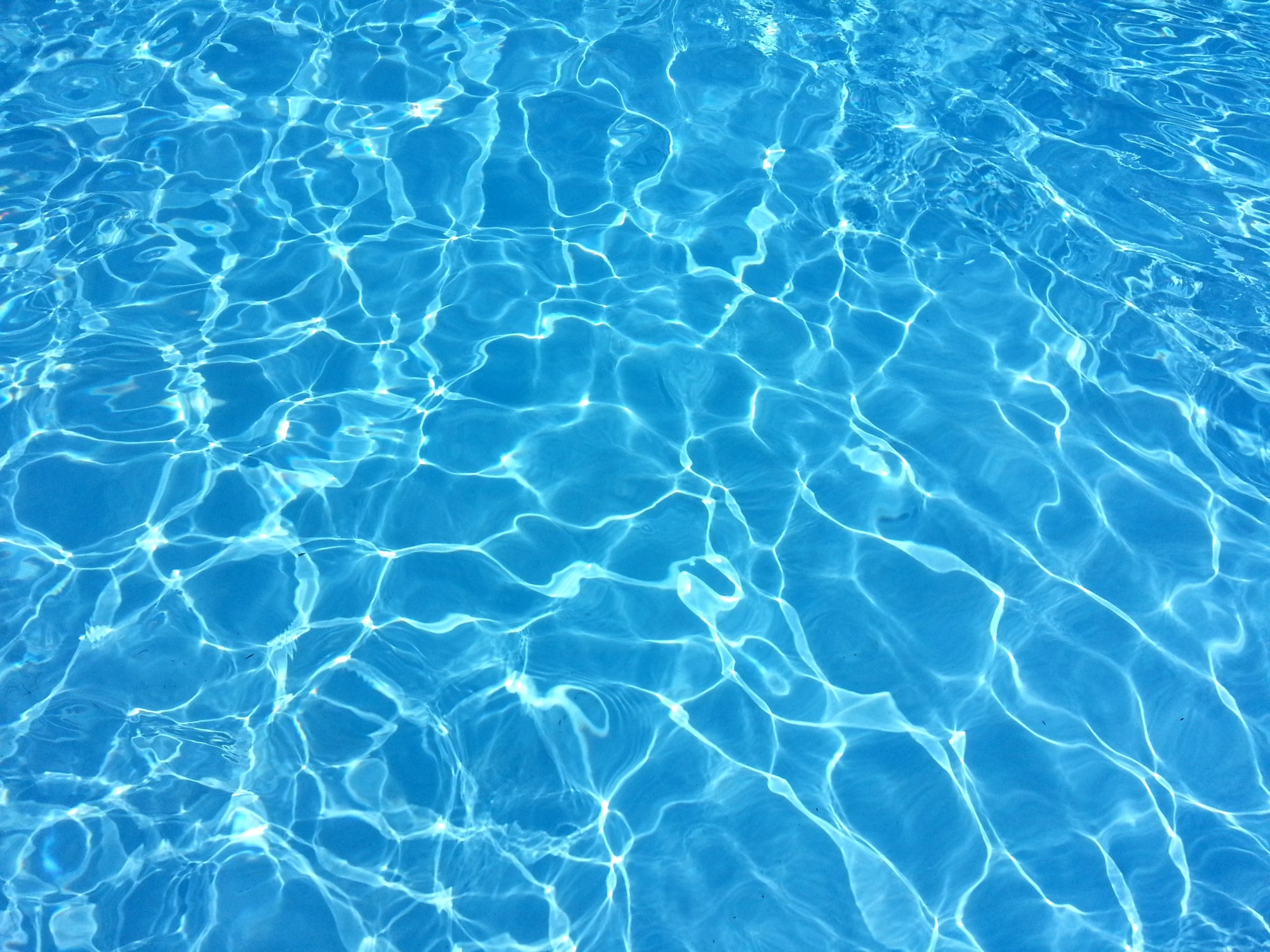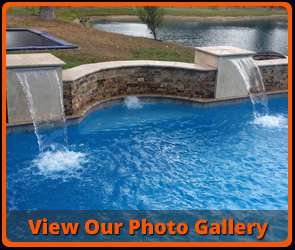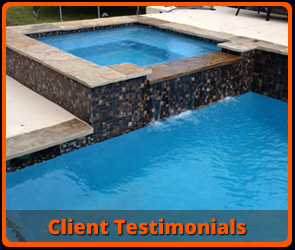Numerous factors determine the swimming pool depth recommendations. These elements meltdown to individual choice and entail the purpose and the users of the pool. The pool depth thus affects the whole design process.
This article offers the necessary things when planning for your pool’s depth.
Swimming Pool Depth Recommendations
Swimming pools are some of the major investments done by property owners. Pools are made of different surfaces and shapes, but there’s the most crucial factor – depth. It takes various factors to set water depths in domestic pools.
Diving in shallow waters can cause injuries while in deep waters, it can lead to drowning for poor swimmers and kids. After deciding on the pool depth, think about the pool shape. Your swimming pool will serve you even in the future.
The depth of the pool is a personal choice. Are you planning for the depth of your new pool? Here are swimming pool depth recommendations.
Purpose of the Pool
Why do you need a pool in your property? Is it for playing beach games or swimming laps? Fun pools that accommodate kids and adults should have a minimum depth of 3 feet and 4 – 5 feet maximum.
The length and depth of the pool should be 25 feet and 5 feet, respectively. That’s if seeking to have swim laps.
Ideal Height for Adults
The majority of people are contented with a standard depth of 3 to 5 feet in a multiple depth pool. In some cases, couples have varying heights. For that matter, the height of the shorter member becomes the determining element.
Keep Children Safe
There are no safest and best heights for children as kids grow faster than adults. But for young toddlers, a 2-feet deep pool offers the best choice. A depth of 3 feet or more comes in handy after a few years.
For children, the area to walk or wade through the water shouldn’t be too large. In some cases, there’re separate pools for kids. But for children who are serious about swimming, you can design an L-shape pool.
The pool allows long-legged people to swim and short-legged to wade-in. The wading area in such instances can be used for getting in and out of the pool. For this purpose, some people consider the traditional ladder.
For beginners, 2 feet is the recommended height. As time passes, the child will shift to 3 feet and so on. Many people consider isolated wading pools for young toddlers.
You can as well integrate the wading pool with the standard one. An ideal kiddie pool permits kids to practice swimming skills and play, while they can touch bottom and stand comfortably.
Swimming
For a swimming pool, the water should be sufficiently deep to allow free movement. You must not scrap your knuckles on the underneath. If swimming is your passion, consider a swim spa or a lap pool.
Think about every person who will be utilizing the pool. For advanced swimmers, the length of their pool ought to be larger than its depth. If swimming is your passion, you need a swim spa with a depth of 3.5.
Recreational Sports
For recreational practices such as basketball and volleyball, the depth of the water should allow players to stand up, swim, and maneuver with ease. Depths should be uniform over an area that’s sufficient enough for the entire game. It makes the game fair for everyone.
That enables players to move easily, stand, and even swim effectively. The ideal depth should range between 3.5 and 4 feet in a big area. There should be uniform measurements for the entire players.
Lounging / Cooling Off
Hanging out in the pool requires a waist-high depth. The general guideline is 3.5 to 4 feet. The swimmers’ height is considered if only one or two individuals will mostly use the pool.
Consider an extra-shallow space where individuals can set loungers. It enables them to dip their toes into the water. For cooling, the ideal depth ought to exceed your waist. The
Jumping in (Feet First)
The pool should have a depth of 4 feet or deeper. It eliminates injuries while jumping feet first. The water should be sufficiently deep to absorb the individual’s impact. For adults and teens, a deeper pool is ideal.
Diving (Head First)
For the off the pool deck or a diving board, eliminating head injuries becomes a priority. Local laws and insurance may be considered when installing a diving board. Consult with a pool builder to ensure the pool’s depth confirms to all applicable safety laws.
Can you Dive?
When deciding on the pool depth, diving is among the crucial factors. For the divers, the pool shouldn’t be less than 10 feet deep. The design affects your pool’s profile and your budget.
Will it affect your Budget?
The type, design and shape of your pool affect your budget. For instance, a deeper pool is ideal for diving and requires more water to clean and fill. It also increases your maintenance expense and other costs.
Many people prefer pools with multiple depths. The bigger the depth difference, the longer the slope of the pool. Deeper pools require more energy to filter and heat and more chemicals.
Multiple Depths
A pool with multiple depths permits you to balance different priorities. The shallow end of a classic backyard pool is 3.5 deep and transits to a deep end of 5 feet or deeper.
You can alternatively get a pool with shallow both ends and deeper middle. L-shaped pools are used to separate deep parts of pools with their discrete nook.
Wrapping Up
The purpose of your pool is the most significant determining factor. But when it comes to swimming pool depth recommendations, your pool’s safety is a priority. Are you ready to decide your pool’s depth?
We believe the guidelines mentioned above will help you meet the needs of all the family members.
For expert help in your pool designs, count on Sahara Pool Builder. Make contact with our skilled team to see you through the whole process.




